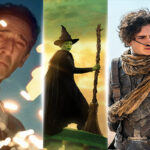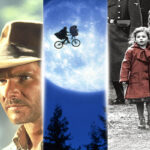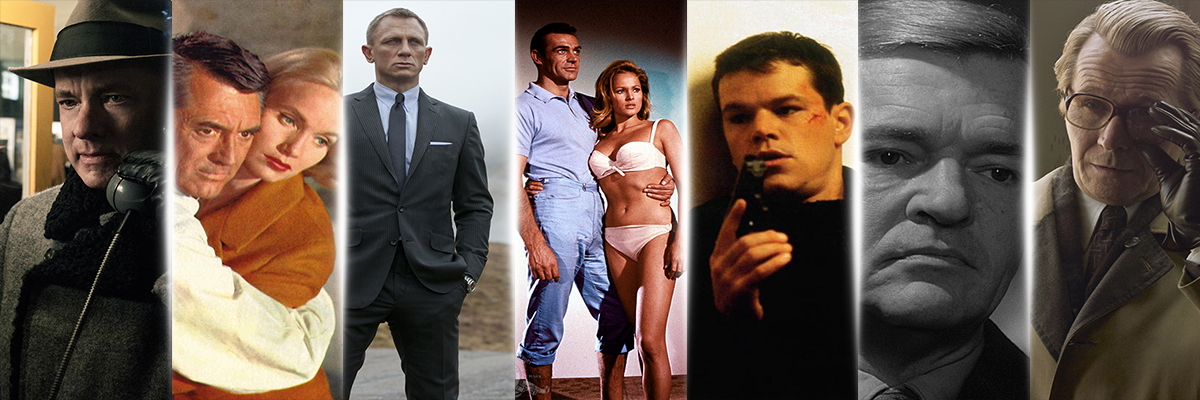
Top 7 Spy Movies
Spy movies have captivated audiences since the early days of cinema, weaving tales of espionage, double-crossing agents, and geopolitical tension that keep viewers on the edge of their seats. These films often blend action, drama, and suspense, leading to unforgettable cinematic experiences. In this article, we will delve into the top seven spy movies that have left an indelible mark on the genre, examining their themes, characters, and the cultural contexts in which they were created.
1. North by Northwest :
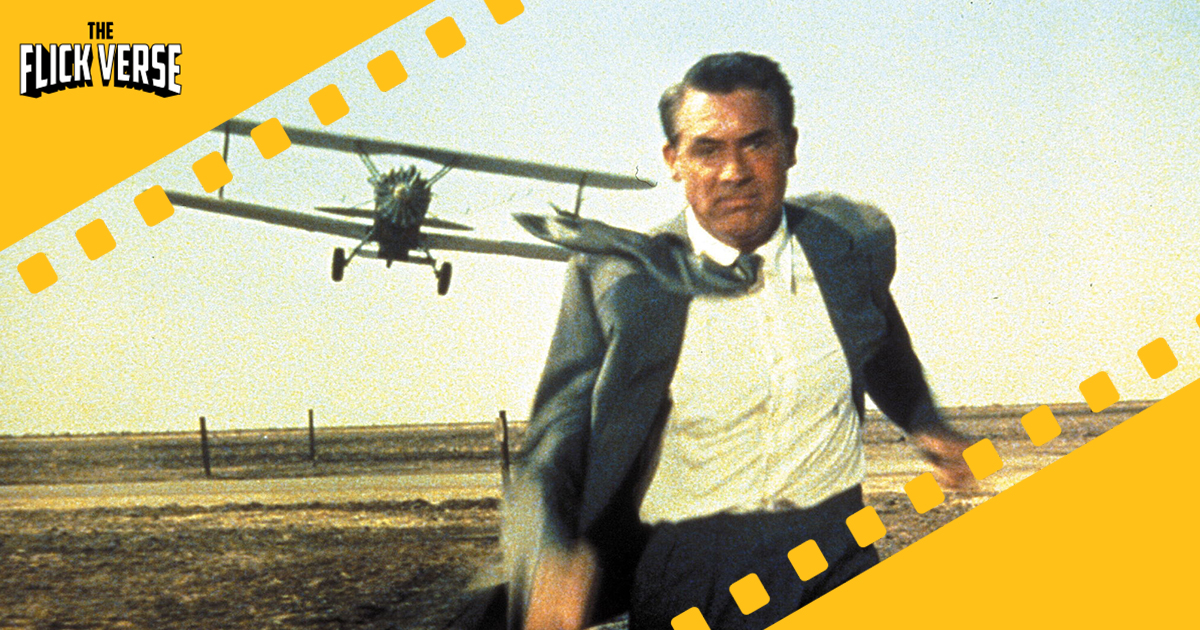
Director: Alfred Hitchcock
Starring: Cary Grant, Eva Marie Saint, James Mason
Overview
Alfred Hitchcock’s “North by Northwest” is a quintessential spy thriller that combines suspense with humor and romance. The film follows Roger Thornhill (Cary Grant), an advertising executive who is mistaken for a government agent by a group of spies. As he is pursued across the United States, he encounters a series of harrowing situations that put his life in jeopardy.
Themes and Influence
The film explores themes of mistaken identity, the vulnerability of the innocent, and the unpredictability of fate. Hitchcock masterfully builds tension through innovative cinematography and editing, including the iconic crop-duster scene and the dramatic climax at Mount Rushmore. The film’s blend of adventure and romance has influenced countless spy films that followed, establishing a template for the genre.
Cultural Impact
“North by Northwest” is often hailed as one of Hitchcock’s masterpieces and is credited with redefining the spy genre. Its influence can be seen in modern films and TV series, where mistaken identity and high-stakes chases remain central elements.
2. Dr. No :
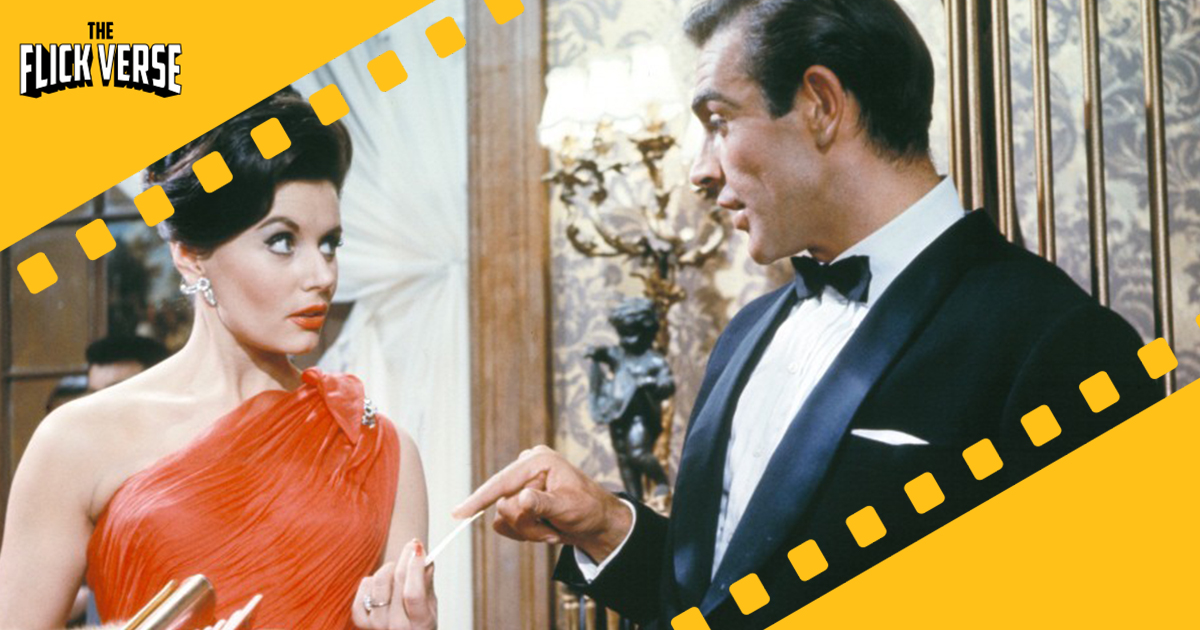
Director: Terence Young
Starring: Sean Connery, Ursula Andress, Joseph Wiseman
Overview
“Dr. No” launched the iconic James Bond franchise and introduced audiences to the suave British secret agent, 007. Sean Connery’s portrayal of Bond established the character as a cultural icon. The film follows Bond as he investigates the disappearance of a fellow agent in Jamaica, leading him to the secret island lair of the villainous Dr. No.
Themes and Influence
“Dr. No” incorporates themes of good versus evil, international intrigue, and the use of technology in warfare. The film’s stylish action sequences, exotic locations, and unforgettable one-liners have become hallmarks of the Bond franchise. It set the standard for spy films to come, blending action, seduction, and humor in a way that captivated audiences.
Cultural Impact
The film’s success spawned numerous sequels, making it one of the longest-running film franchises in history. The character of James Bond has transcended cinema, influencing fashion, music, and even the portrayal of masculinity in popular culture.
3. The Spy Who Came in from the Cold :
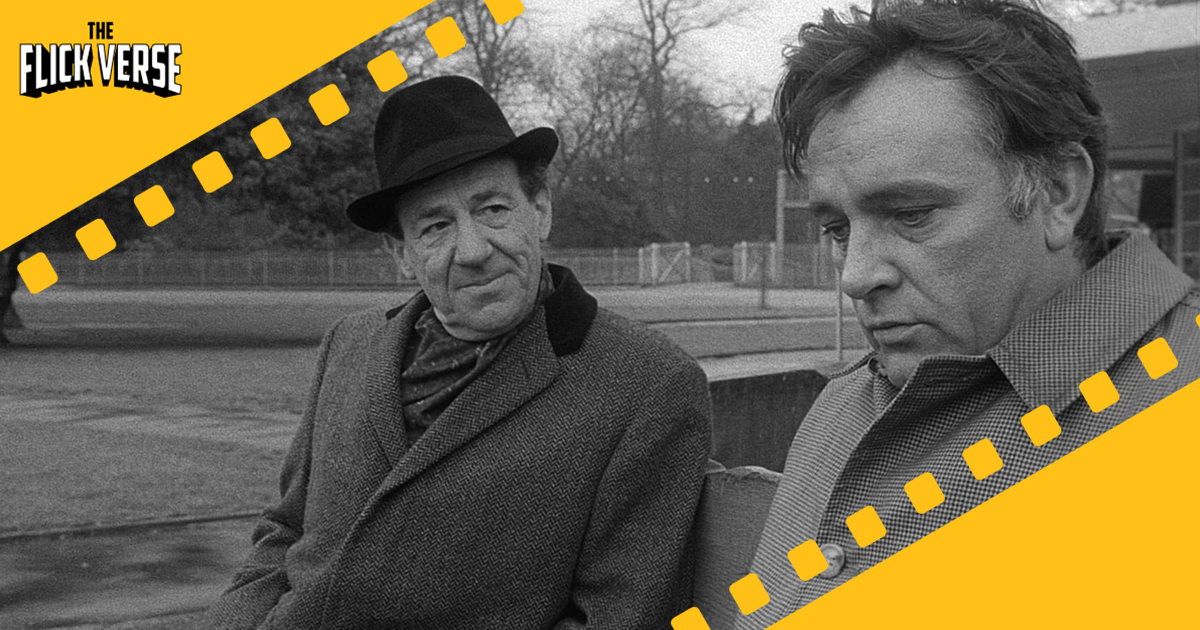
Director: Martin Ritt
Starring: Richard Burton, Claire Bloom, John le Carré
Overview
Based on John le Carré’s novel, “The Spy Who Came in from the Cold” offers a gritty and realistic portrayal of espionage during the Cold War. The film follows Alec Leamas (Richard Burton), a weary British spy who is sent on one last mission to bring down a high-ranking East German intelligence officer.
Themes and Influence
This film presents a bleak view of the espionage world, highlighting moral ambiguity and the personal cost of a life spent in the shadows. Unlike the glamorous portrayals in other films, this narrative emphasizes the human toll of spying, making it a poignant commentary on Cold War politics.
Cultural Impact
“The Spy Who Came in from the Cold” is often regarded as one of the greatest spy films ever made. Its focus on realism and ethical dilemmas paved the way for more serious spy dramas, influencing the genre for years to come.
4. The Bourne Identity :

Director: Doug Liman
Starring: Matt Damon, Franka Potente, Chris Cooper
Overview
“The Bourne Identity” revitalized the spy genre for a new generation with its fast-paced action and intense realism. The film follows Jason Bourne (Matt Damon), a man suffering from amnesia who must discover his true identity while being pursued by assassins.
Themes and Influence
The film explores themes of identity, memory, and self-discovery, as Bourne learns about his past as a trained assassin. The use of handheld cameras and quick editing creates a visceral experience, immersing the audience in Bourne’s harrowing journey.
Cultural Impact
The success of “The Bourne Identity” led to a trilogy that redefined action and espionage films. Its influence can be seen in numerous contemporary spy movies and thrillers that prioritize realism and character depth over traditional tropes.
5. Skyfall :

Director: Sam Mendes
Starring: Daniel Craig, Javier Bardem, Judi Dench
Overview
“Skyfall,“ the 23rd film in the James Bond series, is a stunning blend of action and character-driven storytelling. The film explores Bond’s loyalty to MI6 and his relationship with M, portrayed by Judi Dench. As a mysterious figure from M’s past threatens the agency, Bond must confront his own demons.
Themes and Influence
The film delves into themes of loyalty, betrayal, and the evolving nature of espionage in the digital age. The emotional depth added to Bond’s character marks a significant departure from earlier films, offering a more nuanced portrayal of the iconic spy.
Cultural Impact
“Skyfall” received critical acclaim for its storytelling, direction, and performances, making it one of the highest-grossing Bond films. The film’s exploration of the character’s vulnerabilities and the implications of modern espionage has set a new standard for future installments in the franchise.
6. Tinker Tailor Soldier Spy :
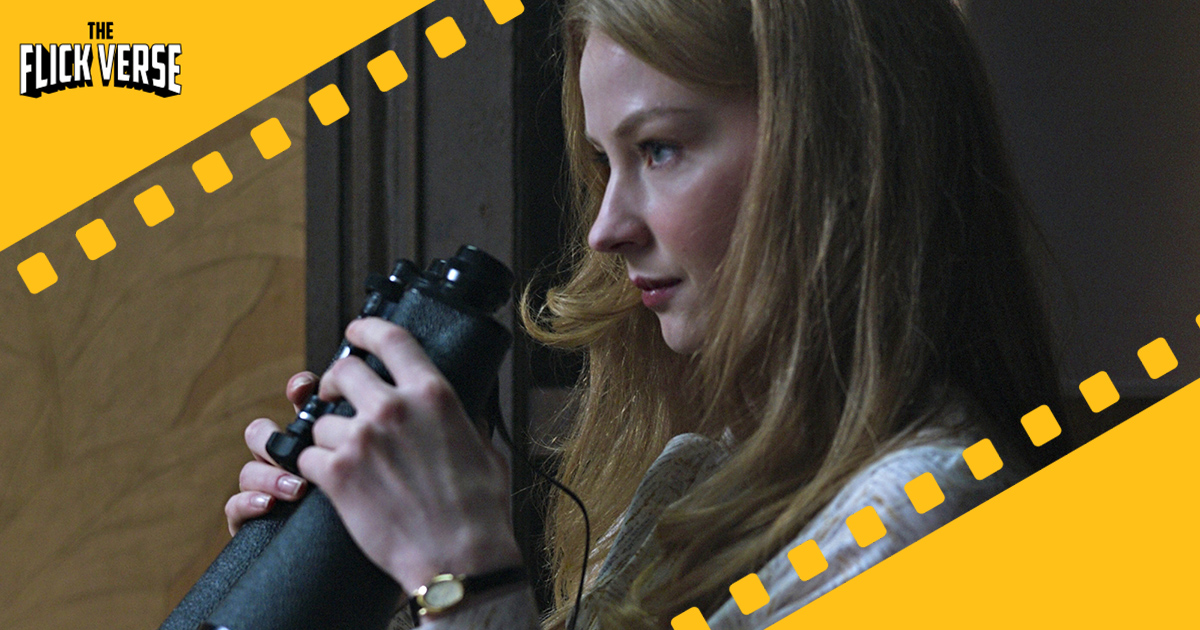
Director: Tomas Alfredson
Starring: Gary Oldman, Colin Firth, Tom Hardy
Overview
Adapted from John le Carré’s novel, “Tinker Tailor Soldier Spy” is a slow-burn thriller that intricately weaves a tale of espionage during the Cold War. The film follows George Smiley (Gary Oldman), a retired intelligence officer, who is brought back to uncover a Soviet mole within the British Secret Service.
Themes and Influence
The film emphasizes themes of loyalty, betrayal, and the moral complexities of espionage. Its deliberate pacing and focus on character development contrast sharply with the fast-paced action typical of modern spy films, offering a more cerebral approach to the genre.
Cultural Impact
“Tinker Tailor Soldier Spy” received critical acclaim for its performances and screenplay, reinforcing the idea that spy films can be intellectually engaging. Its success has led to a resurgence of interest in le Carré’s works and a reevaluation of how espionage stories can be told on screen.
7. Bridge of Spies :

Director: Steven Spielberg
Starring: Tom Hanks, Mark Rylance, Amy Ryan
Overview
“Bridge of Spies” is based on the true story of lawyer James Donovan (Tom Hanks), who negotiates the exchange of captured American pilot Francis Gary Powers for Soviet spy Rudolf Abel during the Cold War. The film highlights the complexities of diplomacy and the moral dilemmas faced by individuals caught in the crossfire of international conflict.
Themes and Influence
The film explores themes of justice, humanity, and the power of negotiation. It emphasizes the importance of understanding and empathy, even in the realm of espionage. Spielberg’s direction and Hanks’s compelling performance make this film both a thrilling and thought-provoking experience.
Cultural Impact
“Bridge of Spies” was well-received by critics and audiences alike, winning the Academy Award for Best Supporting Actor for Mark Rylance. The film adds a layer of historical context to the spy genre, reminding viewers of the real-life stakes of espionage and diplomatic negotiations.
Conclusion
The world of spy movies is as varied as it is fascinating, encompassing a range of themes, styles, and narratives. From the glamorous escapades of James Bond to the gritty realism of Cold War espionage, these films have shaped our understanding of spies and the moral complexities of their work. The seven films discussed above not only represent the pinnacle of the genre but also reflect the societal anxieties and cultural shifts of their respective eras.
For More : visit our Web Story:
Alternative Movies Posters – Digital Download | Minimal Posters | Instant Download




